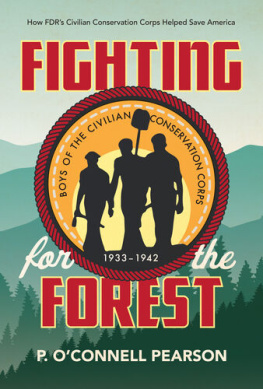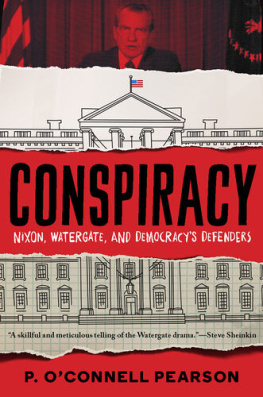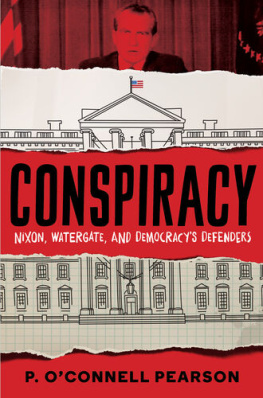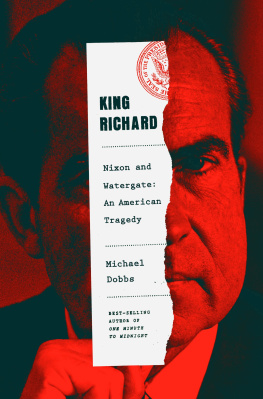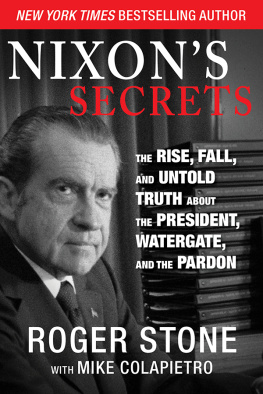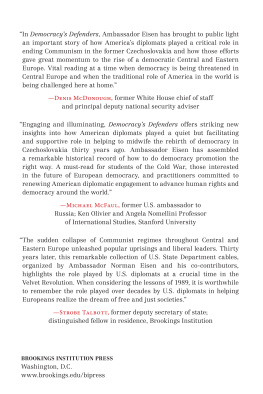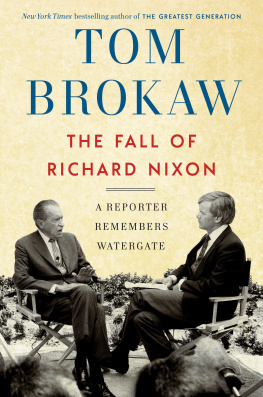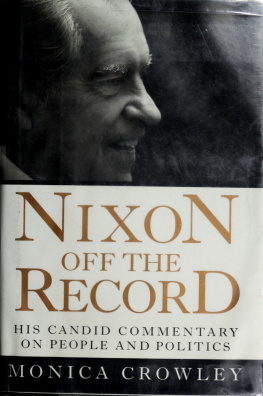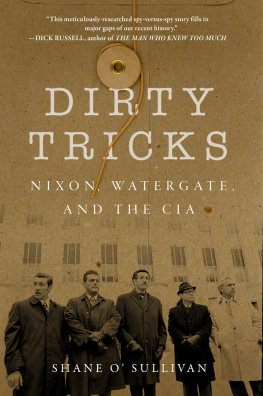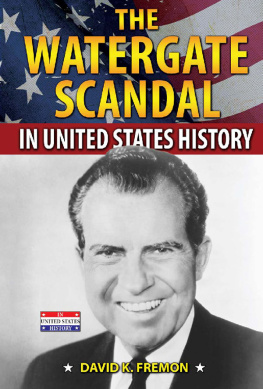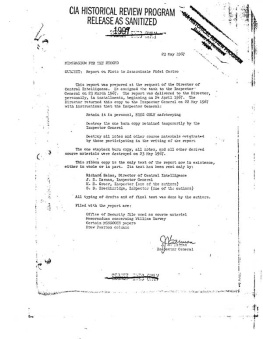P. OConnell Pearson - Nixon, Watergate, and Democracys Defenders
Here you can read online P. OConnell Pearson - Nixon, Watergate, and Democracys Defenders full text of the book (entire story) in english for free. Download pdf and epub, get meaning, cover and reviews about this ebook. year: 2020, publisher: Simon & Schuster Books for Young Readers, genre: Politics. Description of the work, (preface) as well as reviews are available. Best literature library LitArk.com created for fans of good reading and offers a wide selection of genres:
Romance novel
Science fiction
Adventure
Detective
Science
History
Home and family
Prose
Art
Politics
Computer
Non-fiction
Religion
Business
Children
Humor
Choose a favorite category and find really read worthwhile books. Enjoy immersion in the world of imagination, feel the emotions of the characters or learn something new for yourself, make an fascinating discovery.
- Book:Nixon, Watergate, and Democracys Defenders
- Author:
- Publisher:Simon & Schuster Books for Young Readers
- Genre:
- Year:2020
- Rating:5 / 5
- Favourites:Add to favourites
- Your mark:
- 100
- 1
- 2
- 3
- 4
- 5
Nixon, Watergate, and Democracys Defenders: summary, description and annotation
We offer to read an annotation, description, summary or preface (depends on what the author of the book "Nixon, Watergate, and Democracys Defenders" wrote himself). If you haven't found the necessary information about the book — write in the comments, we will try to find it.
Nixon, Watergate, and Democracys Defenders — read online for free the complete book (whole text) full work
Below is the text of the book, divided by pages. System saving the place of the last page read, allows you to conveniently read the book "Nixon, Watergate, and Democracys Defenders" online for free, without having to search again every time where you left off. Put a bookmark, and you can go to the page where you finished reading at any time.
Font size:
Interval:
Bookmark:
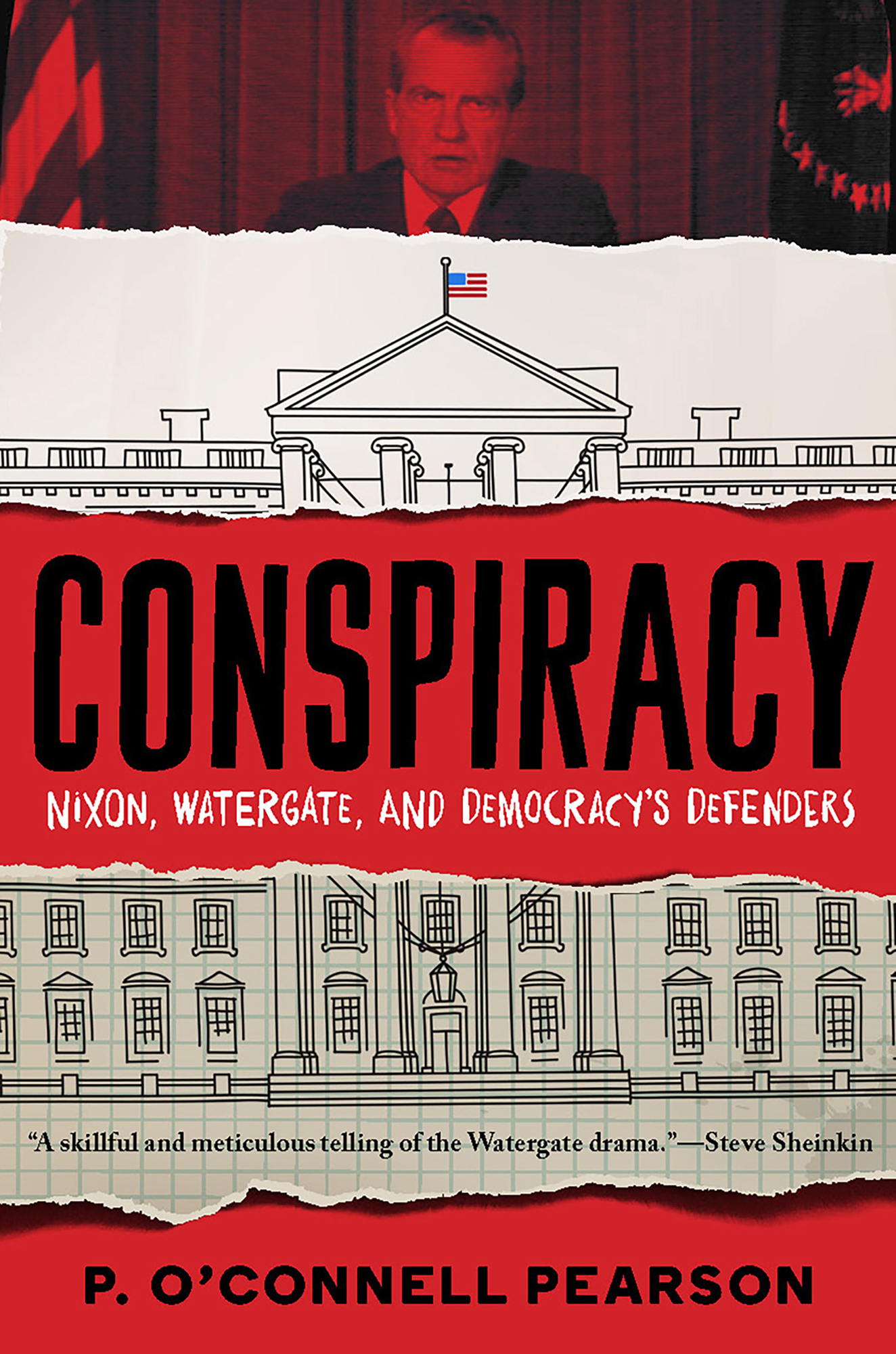

For my children
Kevin, Michael, Megan, and Kathlin, the kind of people that make the future promising
Watergate was a familiar story to me before I started this book. Or so I thought. Diving into the details gave me new insight into the public servants who worked tirelessly to uphold the rule of law and defend the Constitution, and to the journalists and publishers who pursued the truth in a difficult time. I am grateful for their efforts and for their memoirs, histories, recorded interviews, and more. Their reflections and analyses are fascinating as well as informative.
My gratitude to my editor, Liz Kossnar, who suggested that I write about Watergate and had confidence that I would find a way to explain such a complex story to young readers. My thanks also to Kendra Levin and the copy editors, designers, and others at Simon & Schuster Books for Young Readers who did so much to see the project through despite the challenges posed by the 2020 pandemic.
I also thank Joseph Esposito, who shared his expertise and time. And I will always appreciate the wonderful people at Lesley Universitys MFA program, especially Susan E. Goodman and Chris Lynch, who helped set me on this path.
Thanks as well to my dear friends, writing pals, and family members for their interest, support, and willingness to listen to me go on and on and on. My love and gratitude to my children, children-in-law, and grandchildren for being cheerleaders and all-around wonderful people. And to my husband, Paul, forever.

A pproval. Richard Nixon had spent his entire life working for approval. Now, as the earliest vote counts came in on election night, 1972, it became clear that hed finally gotten what he wanted. Not simply a second term as president. No. Nixon had won his first term as president in 1968 with a tiny majority and decided right then that when he ran for a second term, hed win big, no matter what. He wanted real recognition. He wanted to be an unquestioned, undeniable, undoubted winner. And hed done it. Richard Milhous Nixon had won a majority of votes in forty-nine of the fifty states. Nixon, a Republican, had defeated his Democratic opponent by nearly eighteen million votes in one of the most lopsided wins in presidential history.
Naturally, Nixon was pleased with the results. Voters had finally recognized his worth. As he saw it, he now had a mandate, a kind of authority to act boldly, and he planned to use it. But while Republicans around the country cheered the victory, Nixon made just one quick visit to a nearby celebration and a short television appearance to thank his supporters. Then he huddled with two close aides in a room on the second floor of the White House. They talked long into the night, the president serious and unsmiling.

Electoral College totals by state, 1972 presidential election
Nixon wrote later that he didnt really know why he was in such a gloomy mood that night. But he thought perhaps he was worried about Vietnam, or perhaps about the upcoming trial in the scandal everyone was calling Watergate.
Worry about the war in Vietnam made sense. Nixon had campaigned for his first term in 1968 on a secret plan to end the long, long war. Hed reduced the number of Americans fighting there, but the war still wasnt over and it grew more unpopular by the minute. Nixon believed that the presidents who led the country into the war had made a real mess of things, a mess he was stuck trying to clean up. And it got in the way of everything else he wanted to do as president. In 1972, he campaigned again on ending the war. The situation was complicated, but Nixon was determined to finally achieve peace.
Watergate was another matter. In June, five months before the election, police had interrupted a middle-of-the-night break-in at the Watergate office and apartment complex a mile west of the White House. They arrested the burglars on the spot and soon discovered that the men were somehow connected to Nixons reelection committee. The story hit the newspapers the next morning, and it could have been very awkward for the president if people believed his campaign staff had done something illegal to try to win votes. But Nixons press secretarythe White House aide who talks to reporterswent on television and described the crime as a third-rate burglary that had nothing to do with the president or any of his aides. Most news outlets soon moved on to other stories, and the burglary faded into the background.
The burglars faced charges related to the break-in and would probably be in the headlines again when they went to trial. But the judge on the case scheduled the trial for after the election, and that was good for Nixon. It meant that the story wasnt in the news on Election Day. And by the time it was, most people wouldnt even remember something that had happened in June. Even so, the night before the election, with all the polls predicting a landslide, Nixon wrote in his diary, The only sour note of the whole thing is Watergate. Why would that be?
Richard Nixon had worked toward winning the 1972 election by a big margin since the day of the 1968 election. But halfway through his first term as president, he had feared he might not win a second term at all. In 1970, prices for food and housing and gasoline were high and getting higher, and that hurt the presidents popularity. People wanted him to fix the economy, and he wanted that too. But he hadnt had much success. At the same time, tens of thousands of college students were shutting down campuses and highways across the country to protest the war in Vietnam and Nixons war policies. That made many voters angry and afraid and made the president look weak. When the Democrats started their campaign for the 1972 election, they would go after the president on all of it.
At that point, even though the election was two years away, Nixon told his aides to do whatever it took to win big in 1972. They followed his order, even using tactics the public could not know about. Tactics that a lot of people would call unfair or underhanded, even criminal. In fact, Nixons men knew that if Americans found out about everything the presidents campaign did, they might say President Nixon stole the 1972 election. But Richard Nixon and his aides went ahead with the underhanded tactics because they believed victory was important enough to use any means necessary to achieve it.

President Nixon greets students in Utica, Michigan, 1972
For two years, the presidents men, as people called his aides (yes, they were all men), got away with dirty tricks, bribes, lies, and more in their effort to guarantee Nixons win. The botched break-in at the Watergate complex was their only slip, and it really wasnt that terrible a crime. Nixons press secretary was rightit was a third-rate burglary. But he was wrong that it had nothing to do with the president or his aides. The problem with Watergate was that if anyone dug too deeply into it, they could uncover enough dirt to destroy
Font size:
Interval:
Bookmark:
Similar books «Nixon, Watergate, and Democracys Defenders»
Look at similar books to Nixon, Watergate, and Democracys Defenders. We have selected literature similar in name and meaning in the hope of providing readers with more options to find new, interesting, not yet read works.
Discussion, reviews of the book Nixon, Watergate, and Democracys Defenders and just readers' own opinions. Leave your comments, write what you think about the work, its meaning or the main characters. Specify what exactly you liked and what you didn't like, and why you think so.

